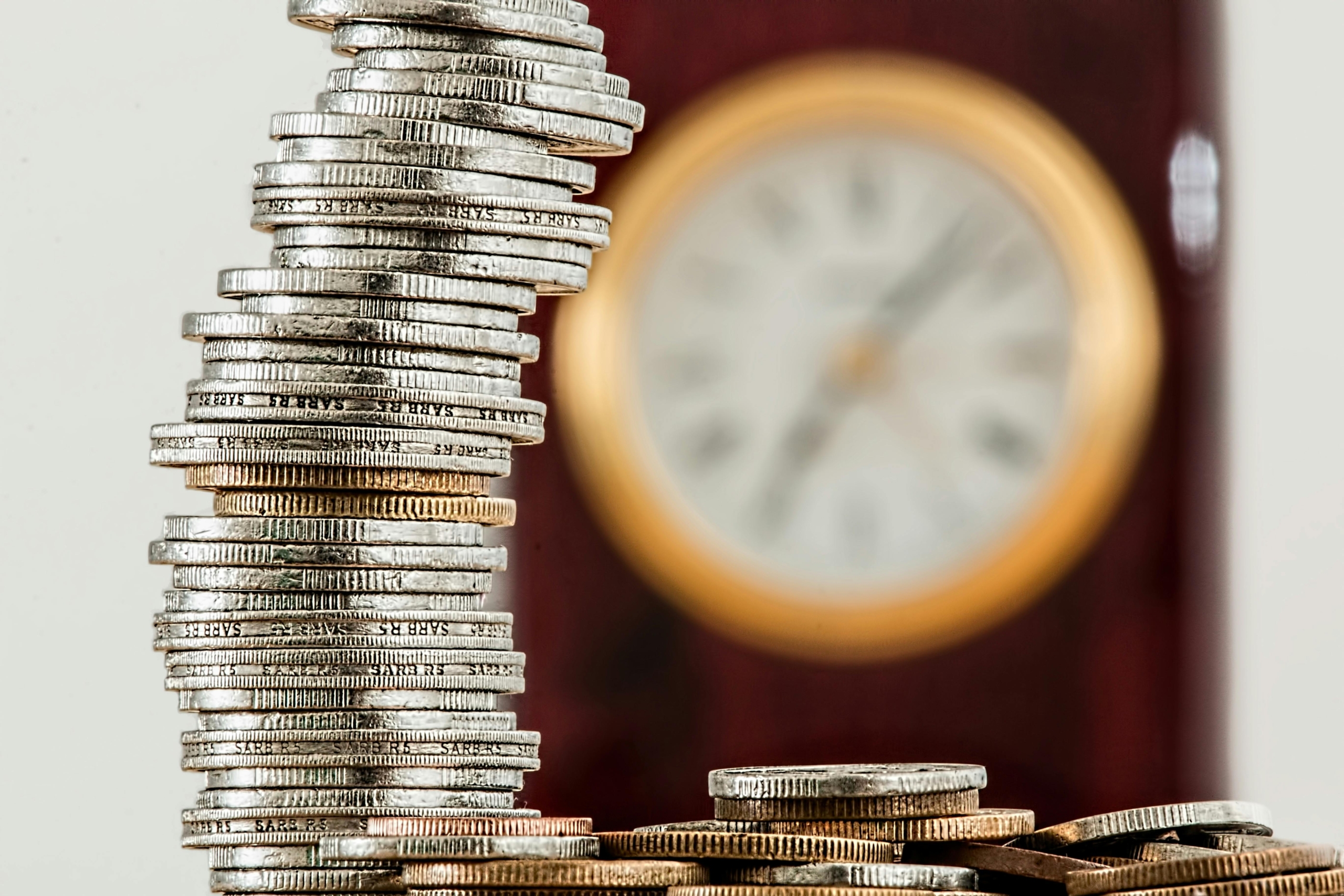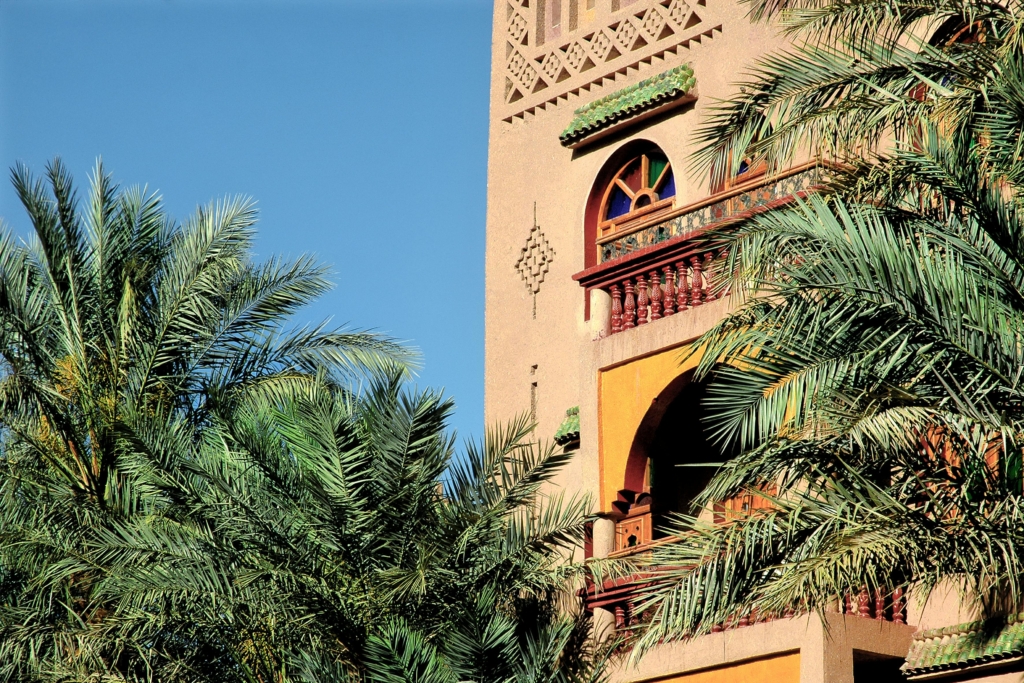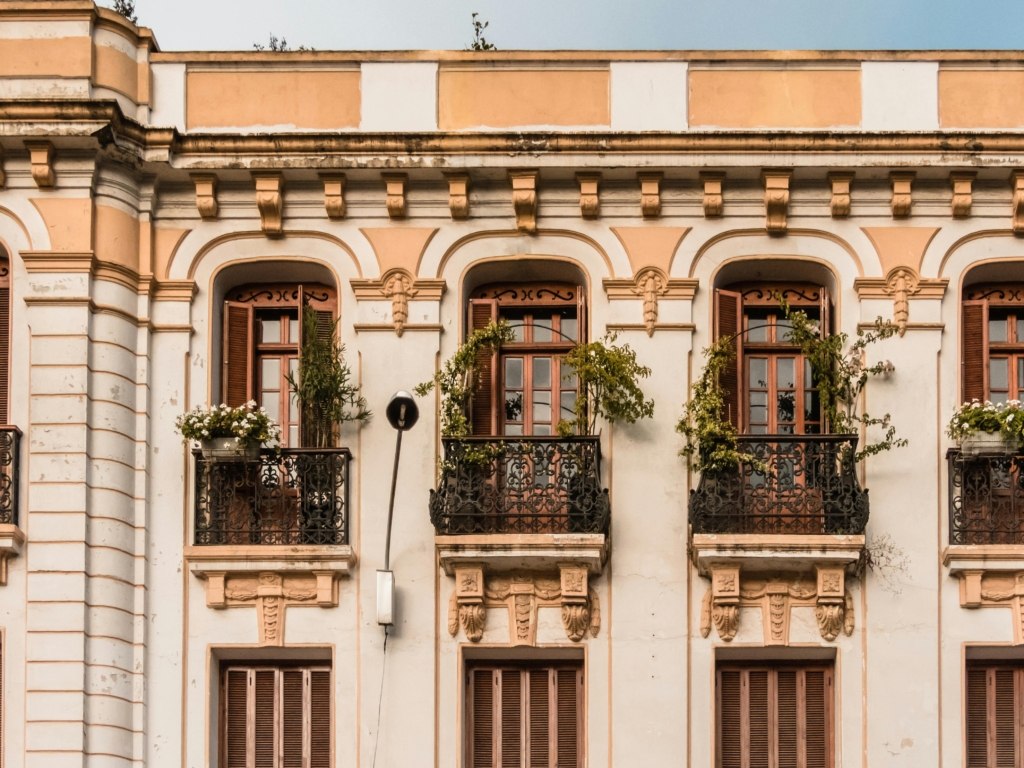Buying real estate in Morocco can be a great investment for Europeans or Moroccans living abroad. The real estate market is thriving, offering high-quality properties at attractive prices compared to markets like France. However, precautions must be taken, especially to ensure the ability to repatriate invested funds in case of resale or inheritance. As previously mentioned, opting for a titled property—registered with the ANCFCC (National Agency for Land Conservation, Cadastre, and Cartography)—is recommended to prevent potential ownership disputes. Additionally, following key financial guidelines is essential to anticipate future fund repatriation to your country of residence.
Repatriation guarantee linked to property financing in foreign currency
When a foreigner buys property in Morocco, they must hold a convertible dirham bank account. This account allows them to deposit foreign currency (such as euros) to finance the purchase of an apartment, house, or land. The payment is made in dirhams, but with proof that the investment originated from foreign currency.
This investment must also be registered with the Office des Changes, ensuring the implementation of the repatriation guarantee—a crucial step for recovering invested funds in case of resale or inheritance.
The repatriation guarantee applies only when the investment originates from foreign currency: The buyer can pay in euros (if the seller is a foreigner). Alternatively, they can pay in dirhams using a convertible dirham account. In both cases, as long as the investment stems from foreign currency and is registered with the Office des Changes, it qualifies for repatriation.
However, it is possible to purchase real estate in Morocco using dirhams without foreign currency investment. While this does not affect the transaction’s legality, it impacts the future transfer of funds. Without the repatriation guarantee, the funds obtained from resale cannot be directly transferred abroad.
What happens to funds without a repatriation guarantee?
Funds can only leave Morocco if their owner is not a Moroccan tax resident. In this case, international transfers are allowed, but only up to 25% per year. This means that recovering the full amount from a property sale would take four years. The funds must first be deposited into a convertible dirham account before transfer.
Does financing in dirhams eliminate the repatriation guarantee?
As mentioned earlier, only investments in foreign currency qualify for the repatriation guarantee. However, there is some flexibility for foreigners seeking a mortgage from a Moroccan bank and thus purchasing in dirhams. If at least 30% of the property’s value is financed with foreign currency and no more than 70% with a Moroccan bank loan in dirhams, the repatriation guarantee remains valid—provided the buyer is not a Moroccan resident.
Key takeaways:
What is the repatriation guarantee?
It is a guarantee that allows the transfer of funds abroad after selling Moroccan real estate.
How to qualify for the repatriation guarantee?
To benefit from this guarantee:
- The original real estate investment must be made in foreign currency (usually via a convertible dirham account).
- The foreign currency investment must be registered with the Office des Changes.
How to repatriate funds without the guarantee?
Only non-residents can transfer property sale proceeds abroad. Without the repatriation guarantee, funds can be repatriated over four years at a rate of 25% per year.


